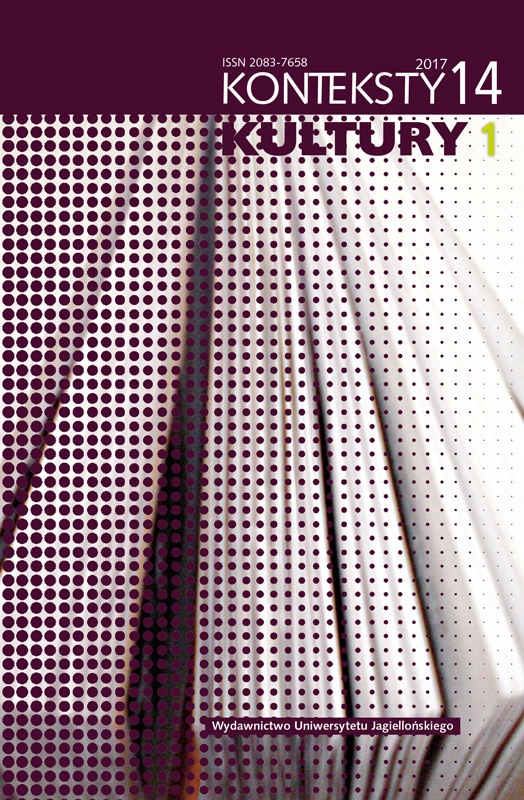Niemcewicz’s Kosciuszko: Honor, Self-Reflection and Self-Justification
Niemcewicz’s Kosciuszko: Honor, Self-Reflection and Self-Justification
Author(s): Joel J. JanickiSubject(s): Studies of Literature
Published by: Wydawnictwo Uniwersytetu Jagiellońskiego
Keywords: subjectivity; censorship and self-censorship; self-justification; honor; noble despair
Summary/Abstract: The intriguing and mystifying relationship between Julian Ursyn Niemcewicz (1858–1841) and Tadeusz Kosciuszko (1746–1817) extended through some of the most dramatic and devastating years in Polish history, 1794–1798. Niemcewicz served as Kosciuszko’s aide-de-camp during the doomed 1794 Uprising. Both were wounded and captured at the Battle of Maciejowice and transported to St. Petersburg where they remained as prisoners-of-war until their release by Paul I (1754–1801) at the end of 1796. Forced to make a humiliating vow of loyalty to Paul, the two traveled together to the United States, arriving in Philadelphia in August, 1797. The relationship came to an abrupt end in May, 1798 when Kosciuszko, to Niemcewicz’s surprise and anguish, returned to France leaving his faithful adjutant and companion behind through the assistance of then Vice-President Thomas Jefferson (1743–1826) to ease Franco-American tensions and seek French support in the continued struggle for Polish independence.
Journal: Konteksty Kultury
- Issue Year: 14/2017
- Issue No: 1
- Page Range: 13-41
- Page Count: 29
- Language: English

